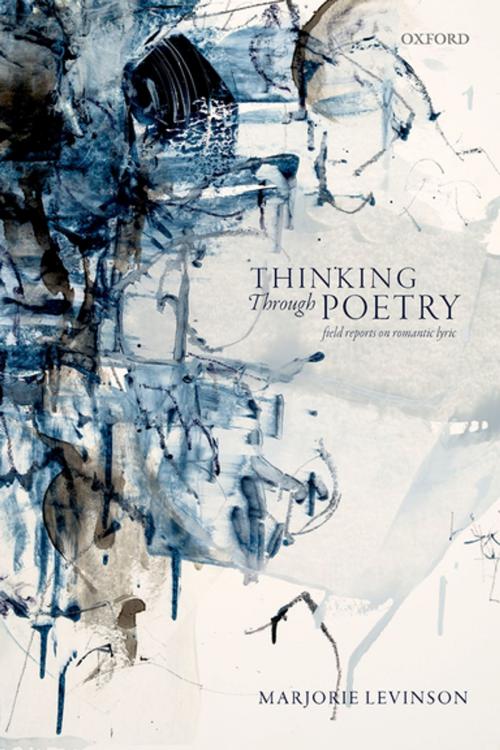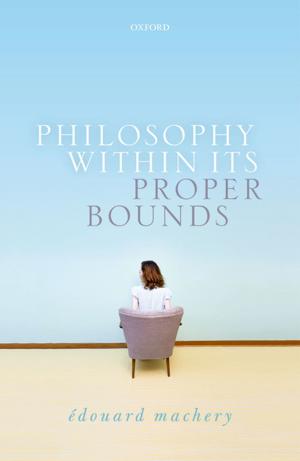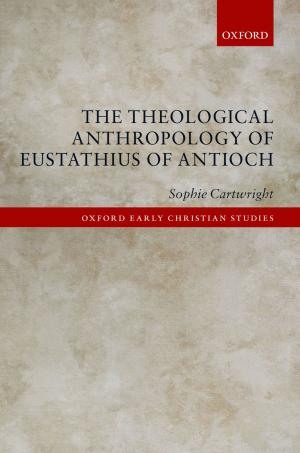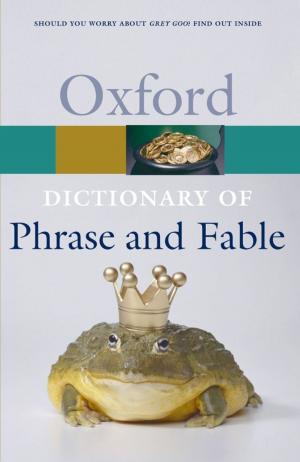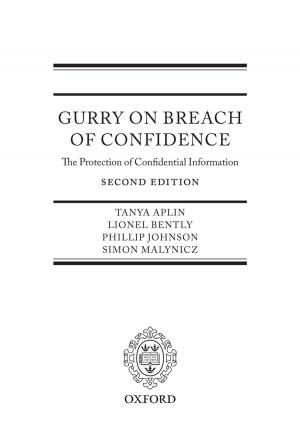Thinking Through Poetry
Field Reports on Romantic Lyric
Fiction & Literature, Literary Theory & Criticism, Poetry History & Criticism, Theory| Author: | Marjorie Levinson | ISBN: | 9780192538253 |
| Publisher: | OUP Oxford | Publication: | July 12, 2018 |
| Imprint: | OUP Oxford | Language: | English |
| Author: | Marjorie Levinson |
| ISBN: | 9780192538253 |
| Publisher: | OUP Oxford |
| Publication: | July 12, 2018 |
| Imprint: | OUP Oxford |
| Language: | English |
Thinking through Poetry: Field Reports on Romantic Lyric pursues two goals. The title signals the contribution to debates about reading. Do we think 'through' - 'by means of', 'with'- poems, sympathetically elaborating their surfaces? Is this compatible with a second meaning: 'thinking through' poems to their end-solving a problem, getting to its root, its deep truth? Third, can we square these surface and depth readings with a speculative, philosophical criticism to which the poem carries us, where 'through' denotes a 'going beyond?' All three meanings of 'through' are in play throughout. The subtitle applies 'field' first to Romantic studies since the 1980s, a field that this project reflects upon from beginning to end. Examples are drawn especially from Wordsworth, but also from Coleridge and, in assessing Romanticism's afterlife, from Stevens. 'Field' also characterizes the shift from a unitary to a field-concept of form during that time-span, a shift pursued through prolonged engagement with Spinoza. 'Field' thus underscores the synthesis of form and history, the importance of analytic scale to that synthesis, and the displacement of entity (text) by 'relation' as the object of investigation. While the book historically connects early nineteenth-century intellectual trends to twentieth- and twenty-first-century scientific revolutions, its focuses on introducing new models to literary criticism. Unlike accounts of the influence of science on literature, or various 'literature + X' approaches (literature and ecology, literature and cognitive science), it constructs its object of inquiry in a way cognate with work in non-humanities disciplines, thus highlighting a certain unity to human knowledge. The claim is that specialists in literature should think the way distinguished scientists think, and vice versa.
Thinking through Poetry: Field Reports on Romantic Lyric pursues two goals. The title signals the contribution to debates about reading. Do we think 'through' - 'by means of', 'with'- poems, sympathetically elaborating their surfaces? Is this compatible with a second meaning: 'thinking through' poems to their end-solving a problem, getting to its root, its deep truth? Third, can we square these surface and depth readings with a speculative, philosophical criticism to which the poem carries us, where 'through' denotes a 'going beyond?' All three meanings of 'through' are in play throughout. The subtitle applies 'field' first to Romantic studies since the 1980s, a field that this project reflects upon from beginning to end. Examples are drawn especially from Wordsworth, but also from Coleridge and, in assessing Romanticism's afterlife, from Stevens. 'Field' also characterizes the shift from a unitary to a field-concept of form during that time-span, a shift pursued through prolonged engagement with Spinoza. 'Field' thus underscores the synthesis of form and history, the importance of analytic scale to that synthesis, and the displacement of entity (text) by 'relation' as the object of investigation. While the book historically connects early nineteenth-century intellectual trends to twentieth- and twenty-first-century scientific revolutions, its focuses on introducing new models to literary criticism. Unlike accounts of the influence of science on literature, or various 'literature + X' approaches (literature and ecology, literature and cognitive science), it constructs its object of inquiry in a way cognate with work in non-humanities disciplines, thus highlighting a certain unity to human knowledge. The claim is that specialists in literature should think the way distinguished scientists think, and vice versa.
